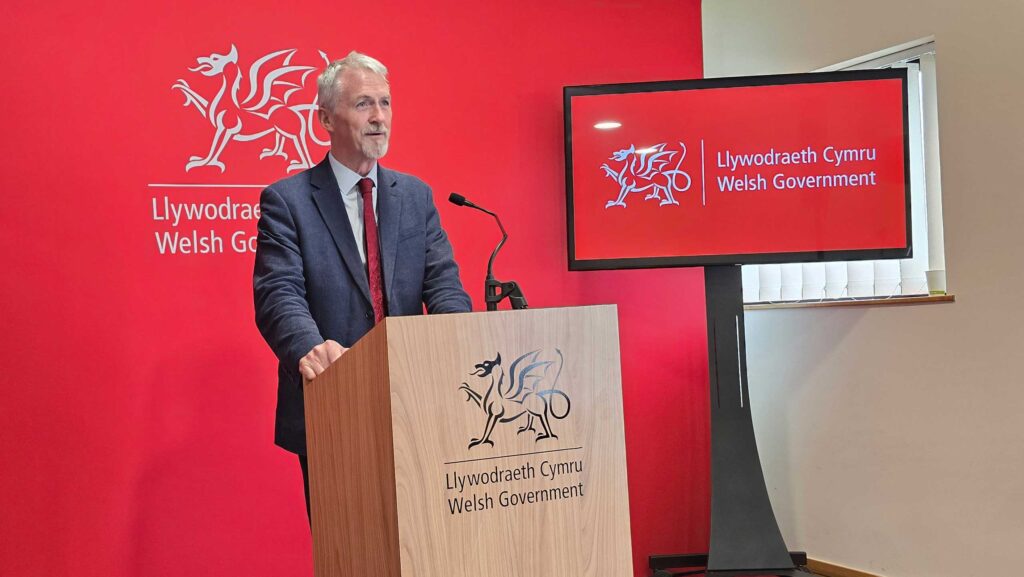Huw Irranca-Davies rubbishes costly SFS impact assessment
 Huw Irranca-Davies © MAG/Anne Dunn
Huw Irranca-Davies © MAG/Anne Dunn The Welsh government’s economic impact assessment of the Sustainable Farming Scheme (SFS), which cost taxpayers more than £700,000 to execute, has been rubbished by the deputy first minister.
The research was commissioned by the Welsh government to estimate the potential economic effects of elements of the proposed SFS across Wales, to be introduced on 1 January 2026 as an alternative to the Basic Payment Scheme (BPS).
The modelling, based on 2019 data, suggests that Wales could see a reduction of approximately 5% in livestock numbers, 4% in labour on farms, and 16% in farm business income.
See also: Wales SFS rollout to cost jobs and livestock numbers
A Freedom of Information (FoI) request by Farmers Weekly revealed that the impact assessment cost taxpayers £731,381.
But while industry leaders remain concerned about the findings, deputy first minister Huw Irranca-Davies doesn’t seem to think they hold much weight.
The economic modelling and whole business case have been “helpful in devising the scheme”, he said, but added that “the modelling is the modelling” and farmers are not going to base their “real-life decisions” on it.
Despite the assessment suggesting that the SFS could see reductions of 60,000 head of livestock across all farms and the loss of 1,163 jobs, Mr Irranca-Davies is confident the scheme will deliver for farmers, stressing its flexibility.
“We can make adjustments as we go forward, and we’ve committed to doing that,” he said via video at the recent NFU Cymru conference, adding that many farmers would “want to be involved”.
Data selection
Explaining the use of 2019 data as a baseline following industry criticism, the Welsh government said:
“The 2019 baseline year for livestock numbers included in the ADAS-led consortium reports was chosen to allow comparability with previous modelling reports that had used the same baseline year.”
However, farm lobby group Digon yw Digon told Farmers Weekly that since the 2019 baseline year, there had already been a 9% decline in sheep numbers and a 5% decline in cow and calf numbers.
“The impact assessment shows the SFS will exacerbate what is already a major threat to our critical mass, food production and the jobs and incomes associated with these,” a spokesman said.
The group added that the present impact assessment also does not give a full picture of the future impact on further proposals to reduce livestock numbers, which will be significant and unsustainable for livestock producers.
Industry response
An NFU Cymru spokesman said the union had called for an impact assessment of the SFS far in advance of the details being released.
“It is critical that the Welsh government gets the best possible value out of this work by using the evidence provided to evolve the scheme where it is shown to be needed to mitigate against any negative impacts,” the spokesman added.
Digon yw Digon said the amount spent by the Welsh government on modelling economic effects is “a drop in the ocean compared to what they’ve spent on modelling environmental outcomes”.
Cost to taxpayers of impact assessment
The cost to taxpayers in carrying out the assessment, which considered only the basic “Universal” layer of the three-tier scheme, amounted to £731,381 (inclusive of VAT), including:
- Business case support £181,074
- Monitoring and modelling programme £60,000
- ADAS research £84,974
- Review of proposed SFS optional and collaborative themes £88,895
- Integrated modelling platform £316,436
